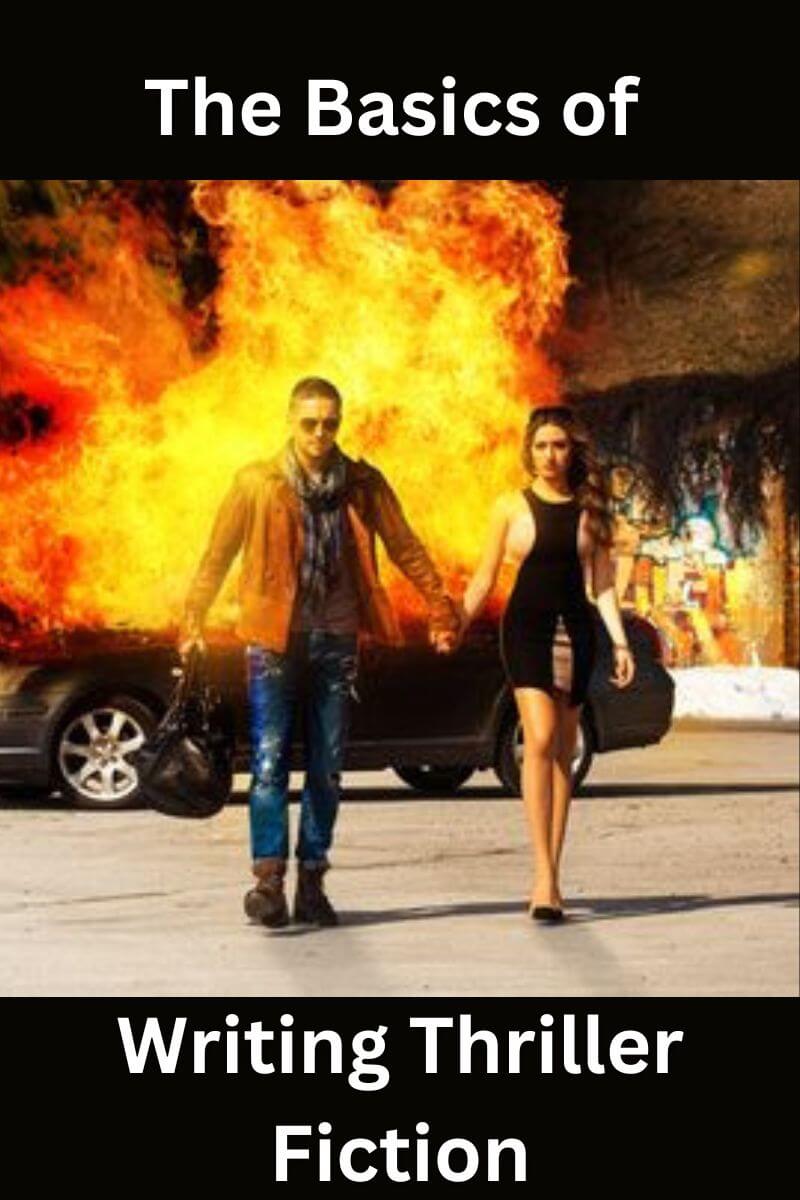Crossing Writing Structures
by Toni
(Las Vegas)
Question: I am currently working on a novel that I have let my brother read and give some of his feed back on. He told me that I needed to make up my mind if it was going to be a book or a screenplay but I am not aware of how this type of cross over in writing structures has occured. What is a sure fire way of keeping my book in a story form?
Answer: Ironically, many novels today are written in a style closer to that of screenplays. (Dan Brown's books spring to mind as one example.) However, this is not necessarily a bad thing.
Since I don't have your brother here to ask what he meant by his comment, let's consider the differences between screenplays and novels.
First, screenplays are written in a very particular format designed to meet the requirements of production companies. They are laid out on a page so that the technical people will be able to zero in on the information related to their specific job. Dialogue and stage directions for the actors are separated from material related to setting, sound, etc.
Novels are written in standard prose, with sentences and paragraphs, and divided into chapters. I'm going to assume you are not writing in screenplay format.
More likely, your brother was referring to the style of narration. Film is primarily a visual medium (and to a lesser extent auditory). Anything going on inside the heads of the characters or the narrator (unless they say it out loud) does not show up on the screen. Everything must be seen or heard to be appreciated. Novels, on the other hand, can describe a character's inner thoughts and feelings.
Along the same lines, action is king in film. Static images don't work. In novels, you can have inner monologues or reflections. Your narrator can spout his opinions at length. It doesn't have to be action and dialogue only.
Another difference is that screenplays are less specific when it comes to describing a character or the setting. A character's appearance is usually decided by the casting director (who hires the actor) and the costume and make-up designers. Set designers, location scouts, and directors determine what the setting will look like.
For this reason, screenplays generally provide general impressions of places and characters - just enough
It's also true that Hollywood-type films depend on solid plot structures, whereas certain novels (e.g. literary fiction) are not so plot driven. Of course, not all films are written in the Hollywood style either.
We must admit that novelists have learned a thing or two of value from screenwriters, such as the value of keeping the action going continuously. You won't find many novels today with page after page of straight description or reflection and no action (as you will in 19th century novels).
Novelists have also learned to reveal a character's inner thoughts and feelings by describing their external actions. For instance, instead of saying, "Jane started to cry," it's now more common (and effective) to say something like, "Jane brushed a tear from her eye."
There's also the fact that novelists can make a lot of money selling the screen rights to a successful novel. So they have an incentive to write stories that can easily be portrayed on film.
Now, what was your brother's objection to your novel seeming too much like a screenplay? Did he mean you perhaps are not taking advantage of the unique qualities of the novel form? Does he think that writing a novel that could be made into a film is too commercial? Does he think your story is too action heavy or that the descriptions are too vague or general? Does he want you to include more than just bare plot? Have you omitted the main character's inner life? You might want to ask him to be more specific.
But I can't tell you if he is right or wrong. It depends on your story, what you are trying to accomplish, etc. Some novels are very film-like. Others are not. There are no absolutes here. You have to decide what feels right, and that may mean experimenting a little. Try rewriting a scene or two in a more novel-like style and see if you think it is an improvement or not. Get some other people's opinions as well. Try showing them both versions and getting their responses.
Comments for Crossing Writing Structures
|
||
|
||
- Home
- Writing Questions
- Crossing Writing Structures











